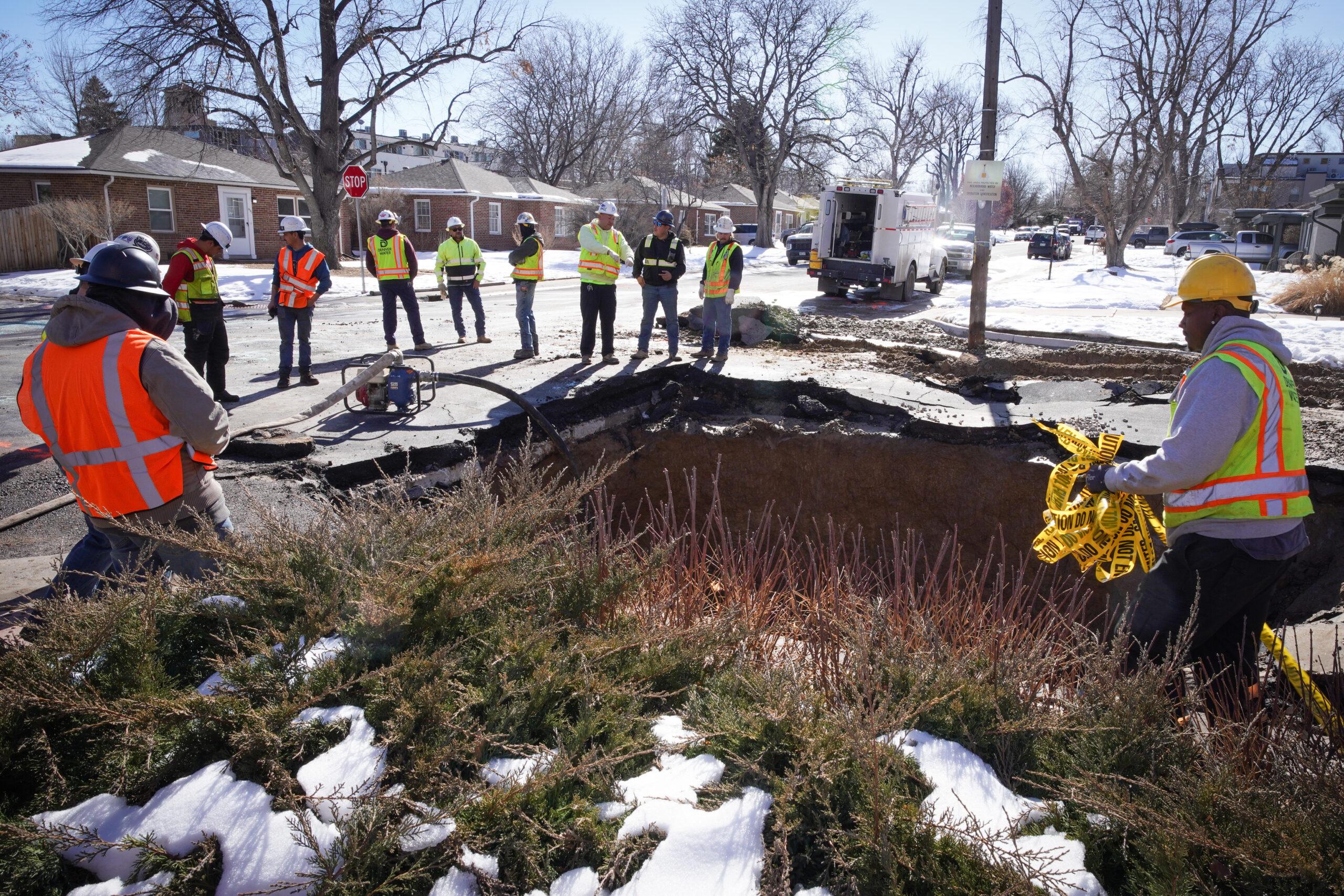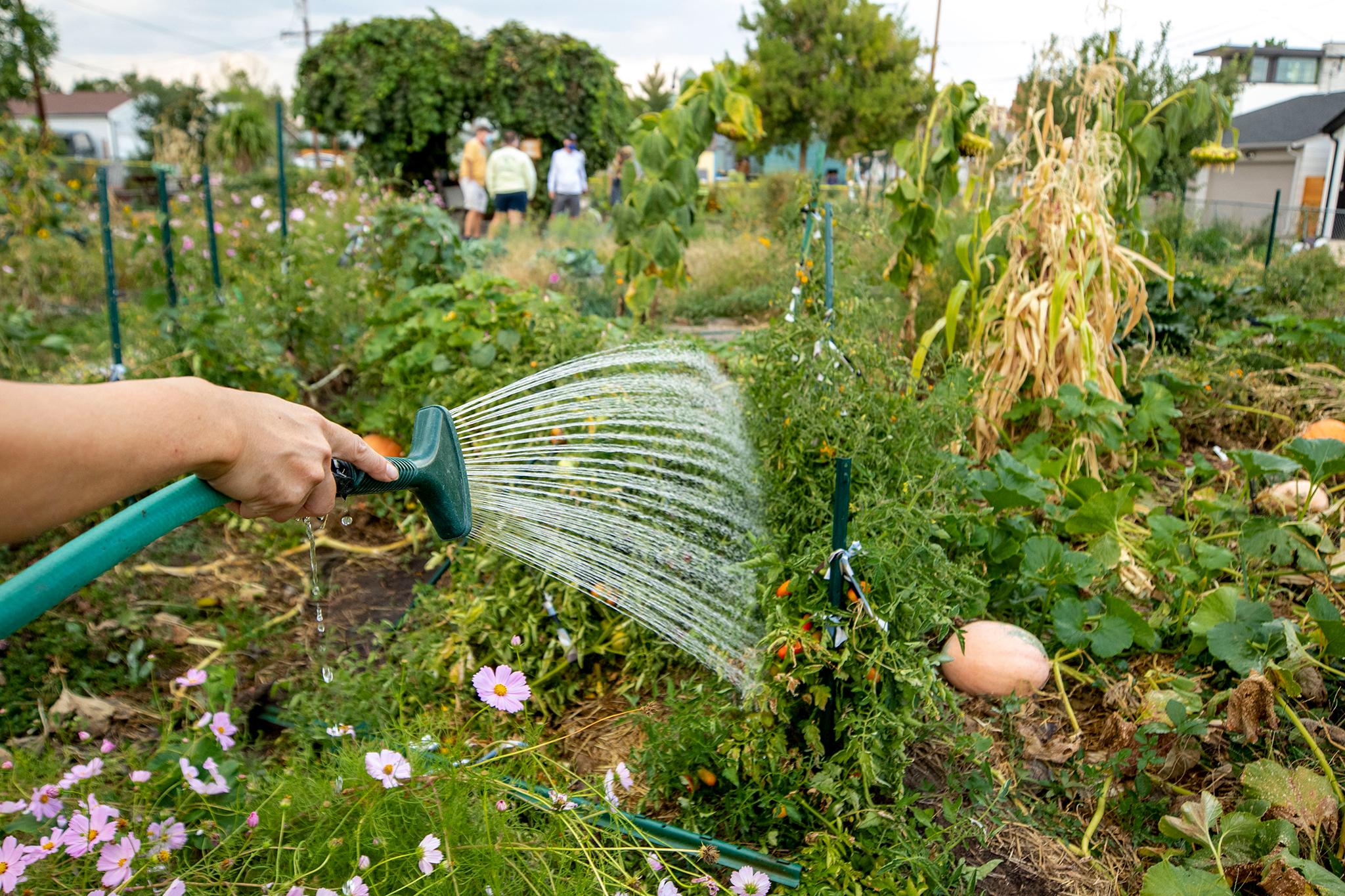Your monthly water bill will increase slightly again next year.
On Wednesday, Denver Water announced an upcoming rate increase that will go into effect Jan. 1, 2024.
According to the utility service, a "typical single-family residential customer" will see an average increase of $1.60 to $2.30 on their monthly bill throughout 2024, if that family maintains their 2023 water usage. Rate prices also depend on the user's location.
2023's average water usage may be slightly skewed due to Denver's rainy summer. A Denver Water spokesperson previously said that Denverites used 18% less water this July compared to the past five Julys.
Revenue collected through the increased rate will help pay for upgrades to the system, ongoing maintenance and new projects. The utility says it expects to invest $1.9 billion in "projects that will maintain, repair, protect and upgrade the system" over the next 10 years.
Denver Water has raised rates over the past two years for similar project and infrastructure improvement reasons. Last year, the utility added that the hikes were also due to rising operating costs affected by inflation and supply chain issues.
In the past two years, the utility has also seen some major water line breaks.
In February, a break at E. 9th Avenue and Eudora Street in the Hale neighborhood left a massive hole at the intersection. No one was injured and water service wasn't disrupted.

In April 2022, an almost 100-year-old pipe broke underneath N. Perry Street in the Berkeley neighborhood, leaving the block under three feet of water. At least 47 homes were without service for about two days.
Some other ongoing projects include the city's efforts to remove and replace lead pipes from the system, a 15-year plan that launched in 2020 (and the reason you may have received that mysterious Brita pitcher and filter a few years back.)
And don't worry, if you're wondering whether you have lead pipes, there's a map for that. There's also a form where you can request a lead test from the city.













